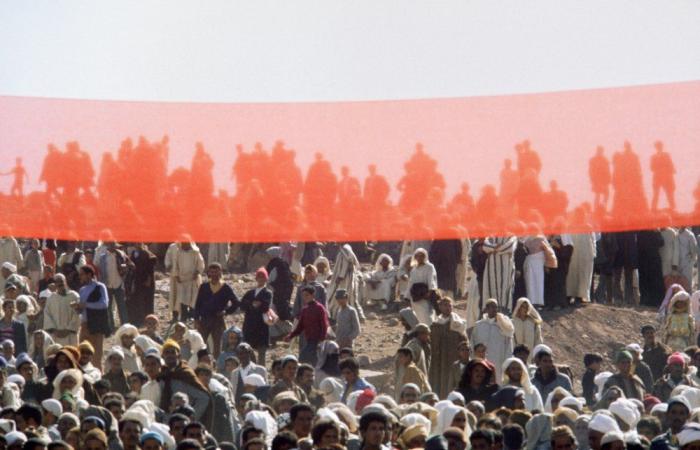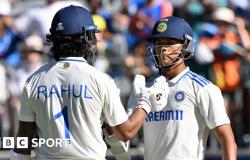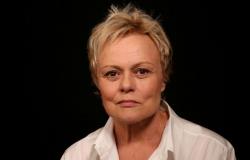Morocco is celebrating this Wednesday, November 6, the 49th anniversary of the Green March. Initiated by the late HM Hassan II, this popular march enabled the liberation of the southern provinces from Spanish colonial rule, marking a turning point in the struggle for sovereignty and revealing the unwavering attachment of the Moroccan people to their lands. From the end of the colonial presence to the current economic transformation of the southern provinces, the Green March symbolizes the alliance between the Throne and the Moroccan people, while placing these regions in a dynamic of sustainable and inclusive development.
1975: The Peaceful March which upsets the colonial order
On October 16, 1975, the late HM Hassan II announced a peaceful march to liberate the Moroccan Sahara, after the International Court of Justice in The Hague had confirmed the existence of legal ties of allegiance between Morocco and the Sahrawi tribes, thus ruling out the Spanish thesis of “terra nullius”. This legal opinion gave the green light to the mobilization of 350,000 Moroccans from across the country, armed only with their faith, the national flag and the Holy Koran. On November 6, this human tide peacefully crossed the symbolic barriers set up by the colonizer, greeting the Spaniards encountered along the way and thus illustrating an unwavering desire to recover the plundered territories. This event marked the end of the Spanish colonial presence in the Moroccan Sahara, with the raising of the national flag in Laâyoune on February 28, 1976, and the accession of Oued Ed-Dahab to the Kingdom in August 1979. The Green March thus became a reference in the world history of peaceful movements for decolonization, inspiring generations with its unique character and symbolic significance.
An annual commemoration, a symbol of unity and patriotism
Since then, each year, the commemoration of the Green March allows the Moroccan people to revive the feeling of patriotism and to recall the communion between the Throne and the citizens around the territorial integrity of the Kingdom. Through the celebrations, Moroccans honor the sacrifices made and the courage shown by the volunteers. This day is also an opportunity to recall the importance of preserving the values of patriotism and transmitting them to future generations, so that they continue to defend the achievements of the Kingdom.
The renewal of the southern provinces: a development model
In 2015, to celebrate the 40th anniversary of the Green March, His Majesty King Mohammed VI launched a development model for the southern provinces, with a budget of 77 billion dirhams and structured around 650 projects. This program aims to transform the southern provinces into an economic and logistics hub between Morocco and sub-Saharan Africa, while promoting local resources. Infrastructure, housing, health and training projects have thus been initiated to promote economic growth and improve the living conditions of residents. Today, the southern provinces stand out for their progress in terms of economic and social attractiveness. The region is benefiting from new investments in renewable energy, port infrastructure, tourism and information technology. The construction of the port of Dakhla Atlantique, for example, will strengthen the position of this region as a strategic gateway to the African continent, while wind farms and solar stations support the energy autonomy of the Moroccan Sahara.
Future prospects: a region integrated into the development of the Kingdom
The Green March continues to inspire current development and integration efforts of the southern provinces into the national and international fabric. Through targeted investments and public-private partnerships, Morocco is banking on the economic and cultural development of this strategic region. The Sovereign’s vision for the Moroccan Sahara is materializing day after day, with initiatives that emphasize sustainable development, education, health and employment, thus allowing the southern provinces to play a central role in the national economy. The Green March embodies much more than a historical event: it is the pillar of a patriotic approach, an engine of development and an indelible symbol of the unity of Morocco. Under the leadership of His Majesty King Mohammed VI, the Moroccan Sahara is transforming into a model of progress, becoming an interface for growth focused on the future and integrated into the ambitious trajectory of the Kingdom.
>>Click here to read the special issue in full.






